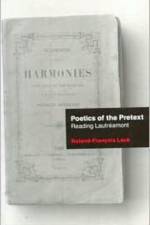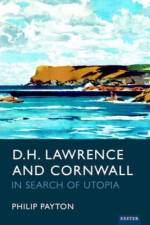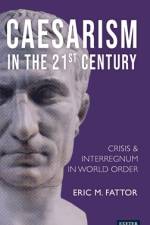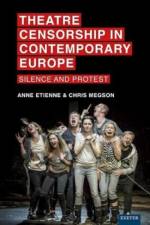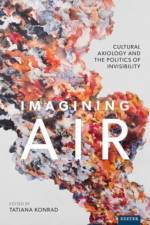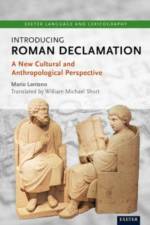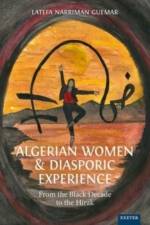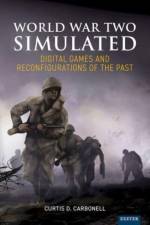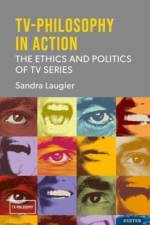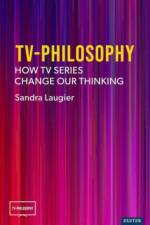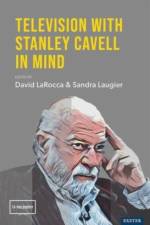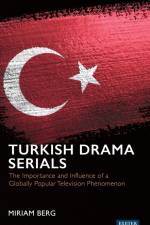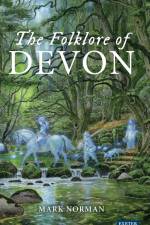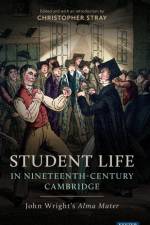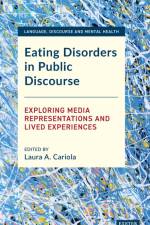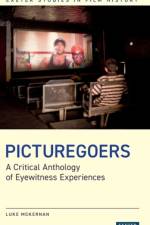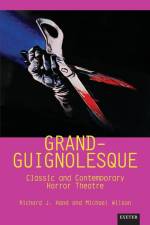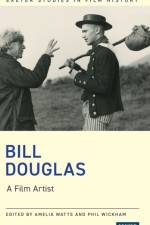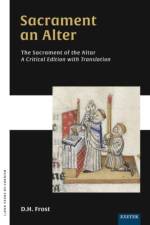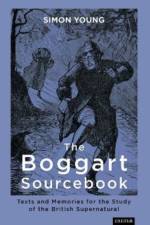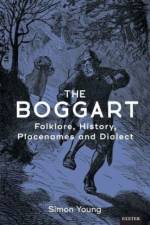von Luke McKernan
111,00 €
This book is a carefully selected, thematically arranged collection of eyewitness accounts of seeing motion pictures - from the 1890s to the present day, and from countries across the globe.Included here are essays, diaries, memoirs, travel accounts, oral history interviews, poems and extracts from novels. These verbatim accounts - from both professional and amateur writers - have been selected not only for what they tell us about the historical experience of cinema in many countries, but for their literary value. It is evocative testimony that shows how deeply cinema touches emotional needs, and the huge impact that the cinema has had on modern society.One-hundred and fourteen carefully selected excerpts are organized thematically into six evocatively-titled sections: 'First Encounters', 'Audiences', 'Places', 'Players', 'Reality', and 'Fears and Desires'. We find a host of everyday voices responding to cinema - Rudolf Rocker, anarchist; Li Hung-fu, Chinese villager; James Malone, wrestler; George Jordan, policeman; 'Negro male student in High School, age 17'. Amongst these are interspersed the insights of more familiar names - Virginia Woolf, Stefan Zweig, George Orwell, J.M. Coetzee, Arnold Bennett, Elizabeth Bowen, J.B. Priestley, John Osborne, J.G. Ballard, D.H. Lawrence, Roland Barthes and Arnold Schwarzenegger.Twenty-one images complement the text by illustrating different ways in which films have been viewed, from battlefield cinemas to infrared studies of child audiences, from Madagascar to Vietnam, from Cinerama to virtual reality.While most film history studies put films or those who produce them first, Picturegoers puts the voices of the audience first. It analyses and celebrates the audience's point of view, shaped by time, experience and place, providing a rich, entertaining portrait of a medium that became so transformative precisely because anyone, rich or poor, educated or not, could share in it.Frank Cottrell-Boyce's pieceA Love Letter to Cinema, written for BBC Radio 4'sTodayprogramme (May 2021),and broadcast just as cinema emerged from lockdown, provides a fitting coda to the book - affirming the importance of cinema as a collectivecultural experience.The book will appeal to scholars interested in the relationship between cinema and society, those engaged in audience studies, and general readers interested in world cinema history.

